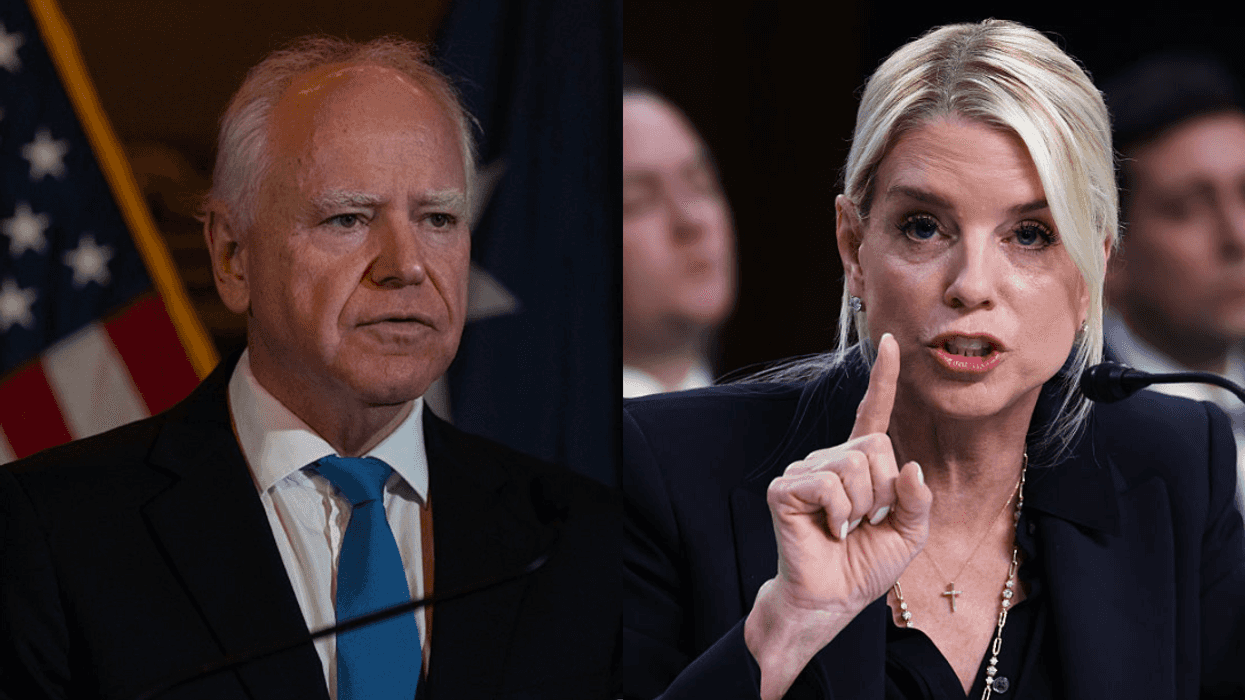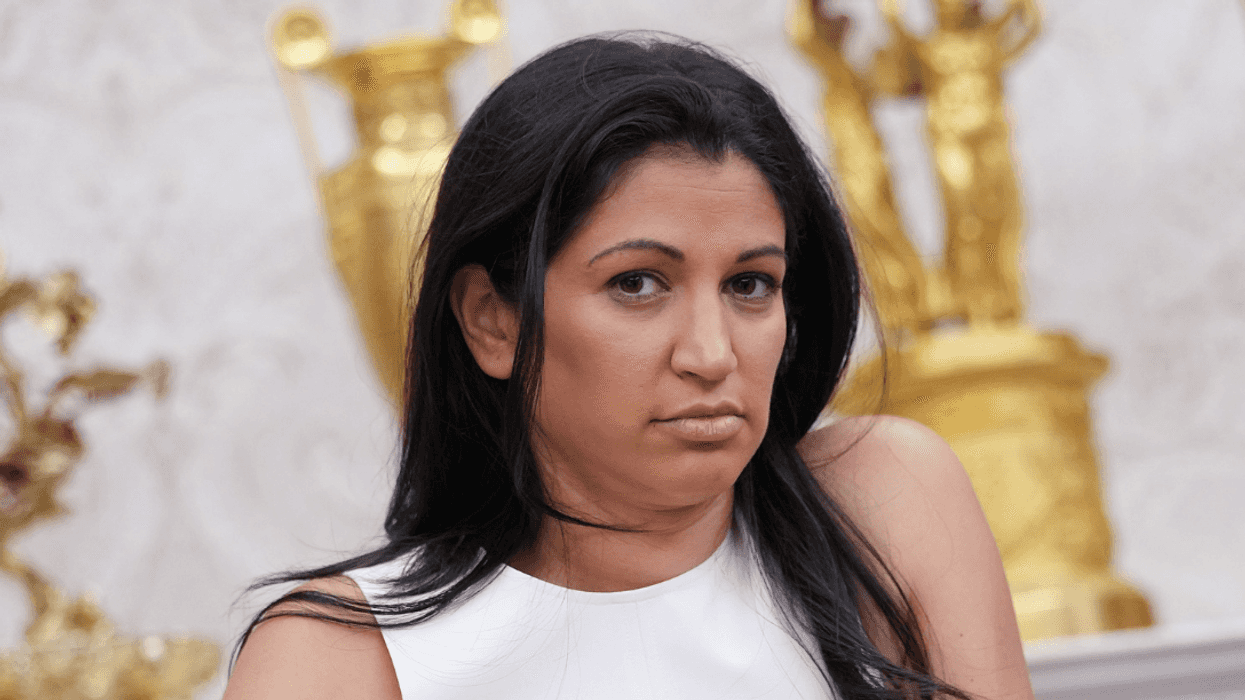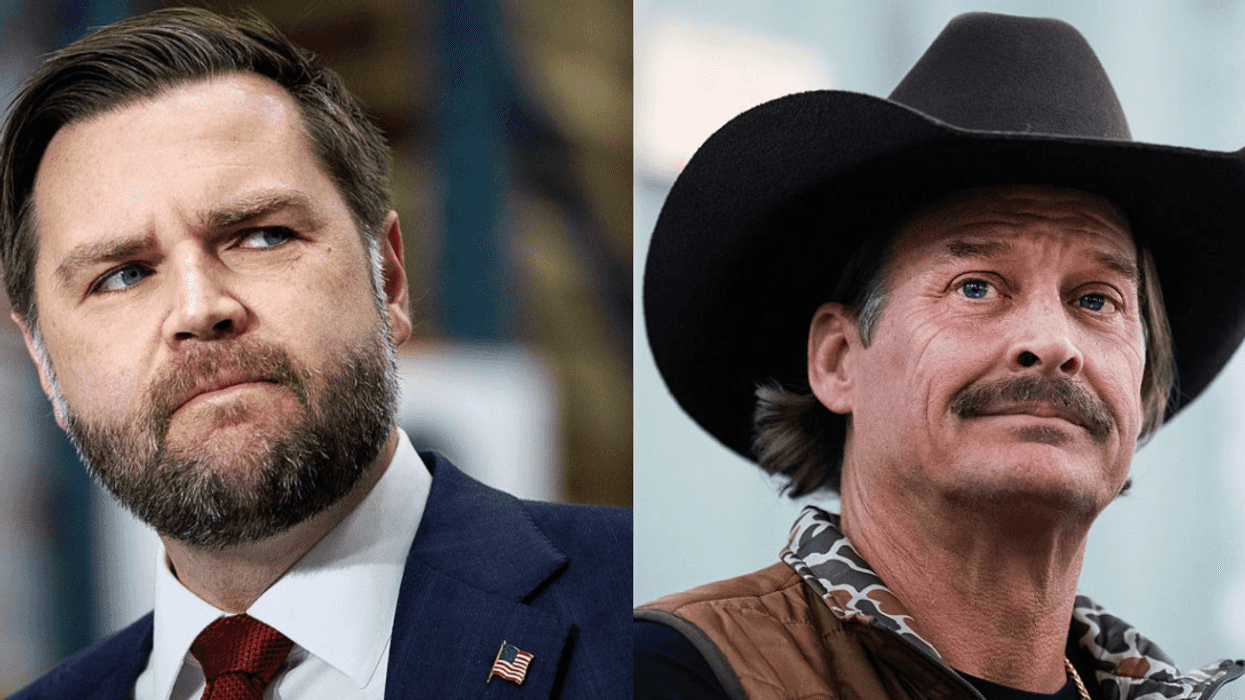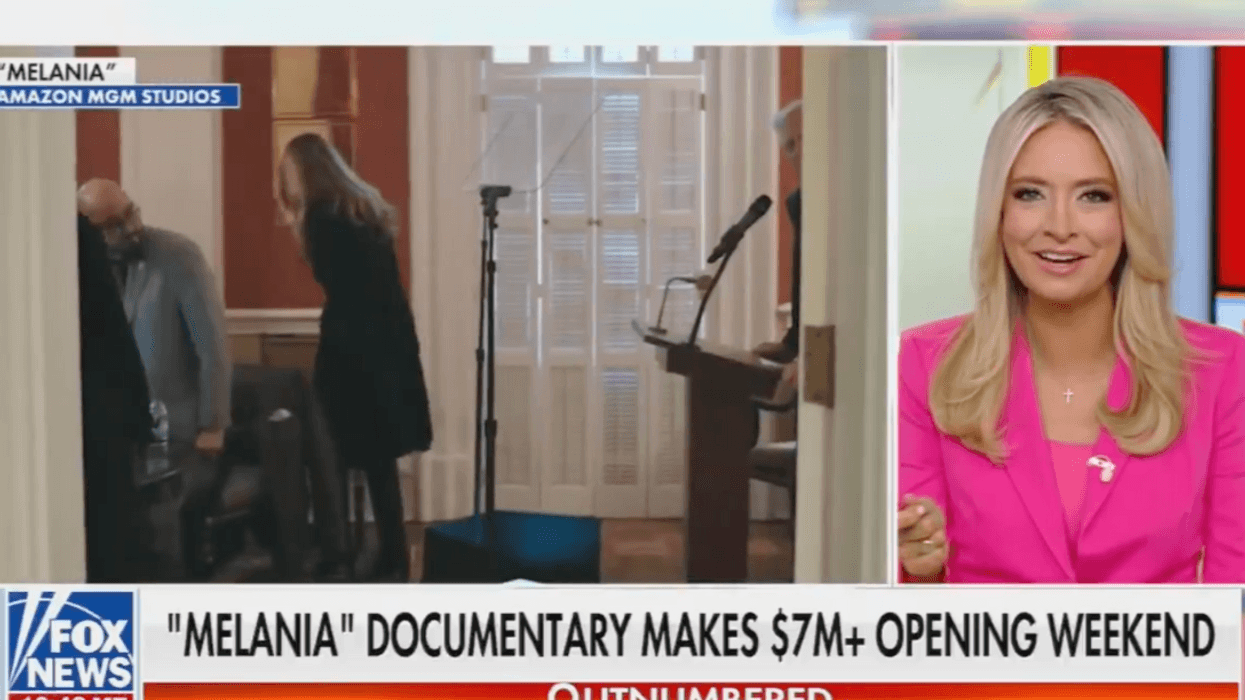This past December, the House Judiciary Committee held a hearing where it heard from constitutional scholars and legal experts as to whether President Donald Trump's pressure on Ukraine to open politically beneficial investigations warranted impeachment.
House Democrats brought forth three witnesses who argued in favor of impeachment, and House Republicans brought one: George Washington University's public interest law chair, Jonathan Turley.
During the Judiciary Committee hearing, Turley largely repeated House Republicans' talking points that Trump's solicitation of a foreign government to meddle in the United States election didn't merit impeachment, and that the evidence for impeachment was razor thin.
While he still holds that belief, in a blunt new OpEd he's now critiquing the very basis for Trump's entire defense in the Senate's impeachment trial, namely that even if everything the Democrats present is true, it doesn't rise to an impeachable offense.
Trump's defense team has repeatedly claimed that abuse of power and obstruction of Congress—the two articles of impeachment with which Trump is charged—are not statutory crimes, and therefore unimpeachable.
One Trump defense team member, Alan Dershowitz, even retracted the opposite case, which he made in 1998 during the Clinton impeachment.
In his op-ed, Turley cites the Founding Fathers' views on the subject:
"While Framers did not want terms such as 'maladministration' in the standard as dangerously too broad, they often spoke of impeachable conduct in noncriminal terms, such as Justice Joseph Story referring to 'public wrongs,' 'great offenses against the Constitution' or acts of 'malfeasance or abuse of office.' Alexander Hamilton spoke of impeachment trials as addressing 'the misconduct of public men, or, in other words, from the abuse or violation of some public trust.'"
He then offered up his own opinion:
"While I believe that articles of impeachment are ideally based on well-defined criminal conduct, I do not believe that the criminal code is the effective limit or scope of possible impeachable offenses...The adoption of this interpretation would create lasting harm for the constitutional system."
Lawmakers and lawyers seem to agree.
For what it's worth, Trump's own attorney general—William Barr—made a similar assertion in 2018.
He's likely since changed his tune, now that he's a key player in the Ukraine scandal.

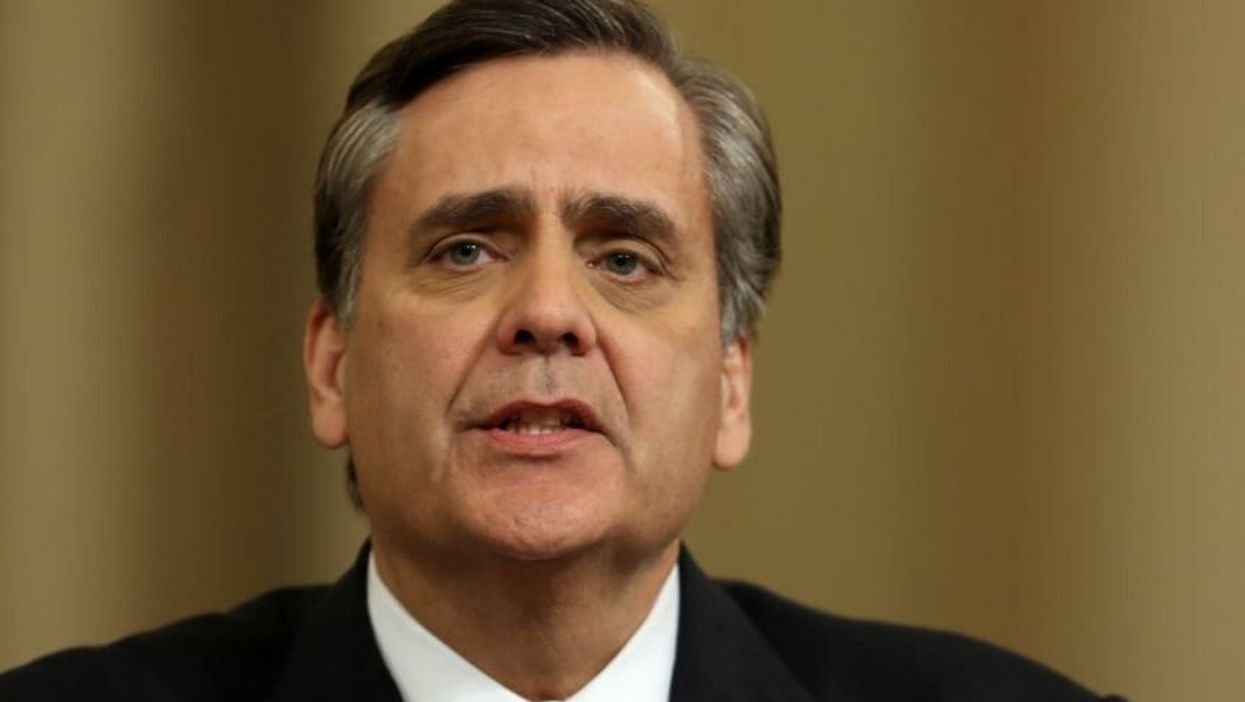

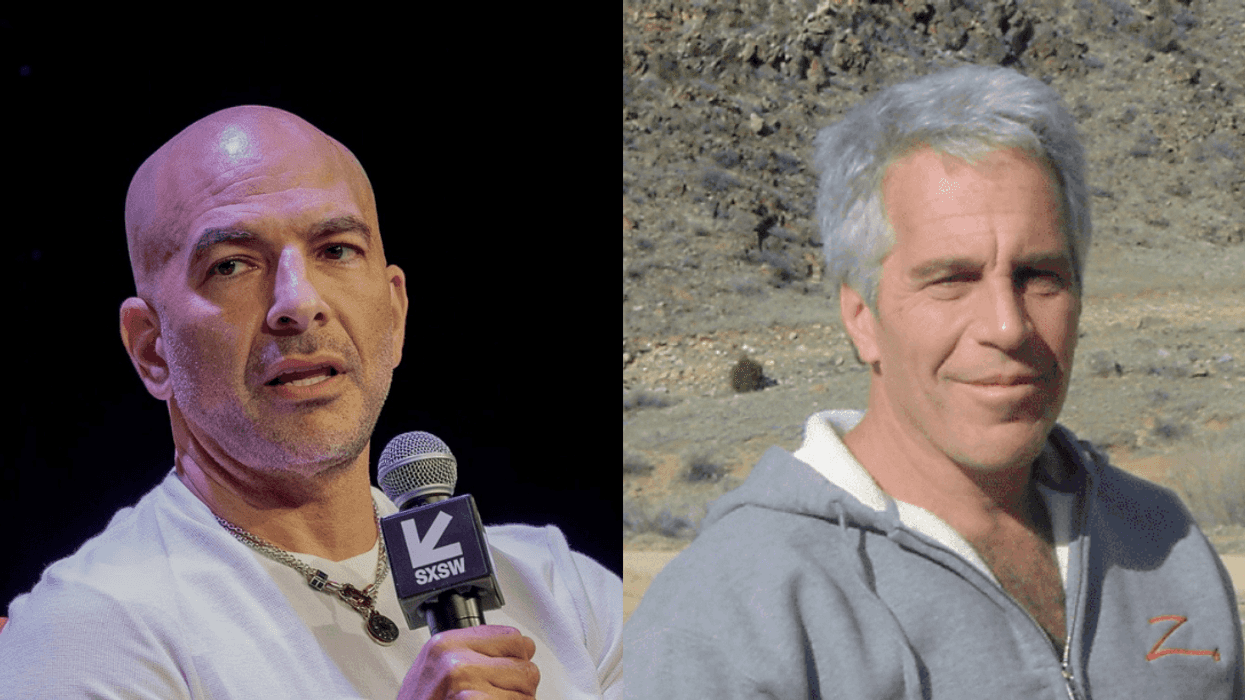


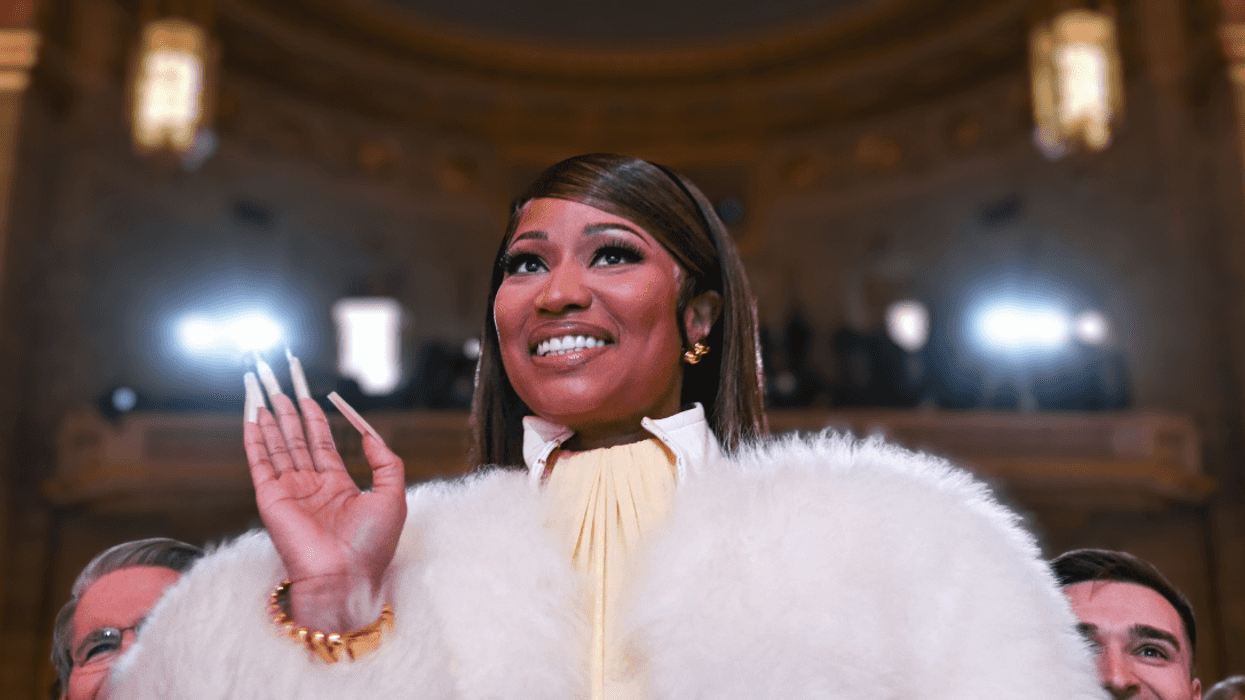

 @WUTangKids/X
@WUTangKids/X @WUTangKids/X
@WUTangKids/X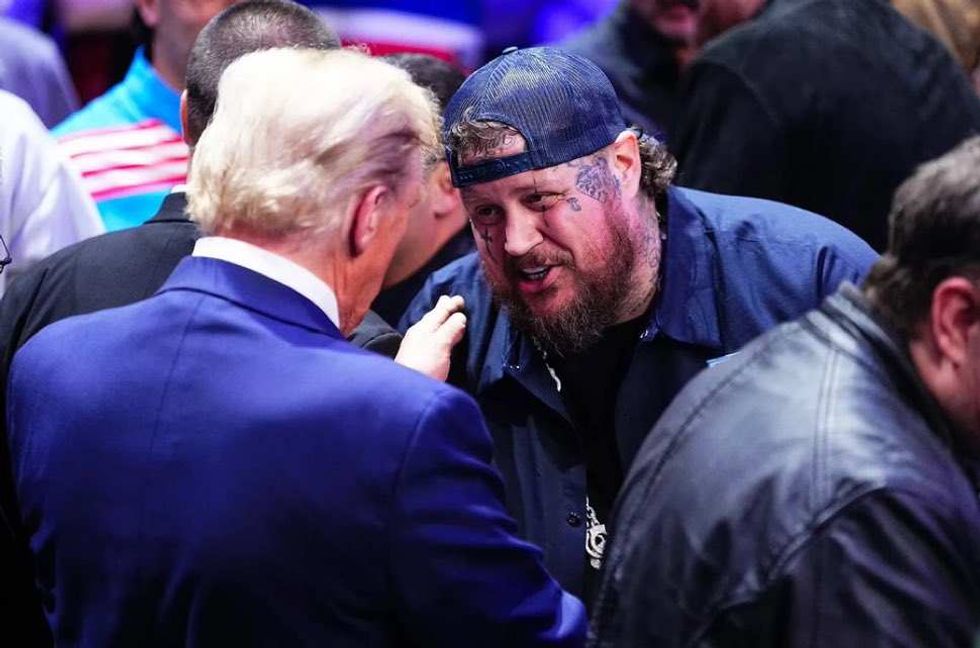 @WUTangKids/X
@WUTangKids/X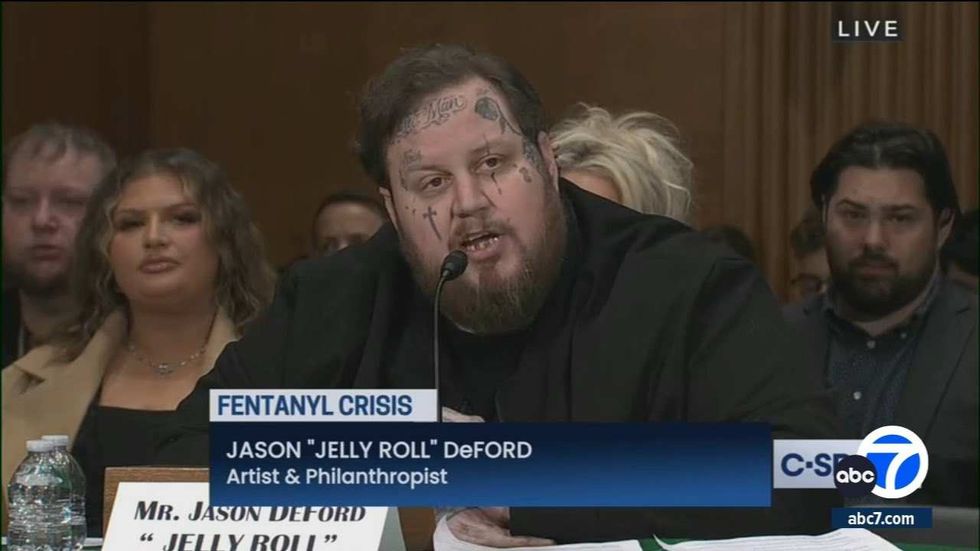 @WUTangKids/X
@WUTangKids/X
